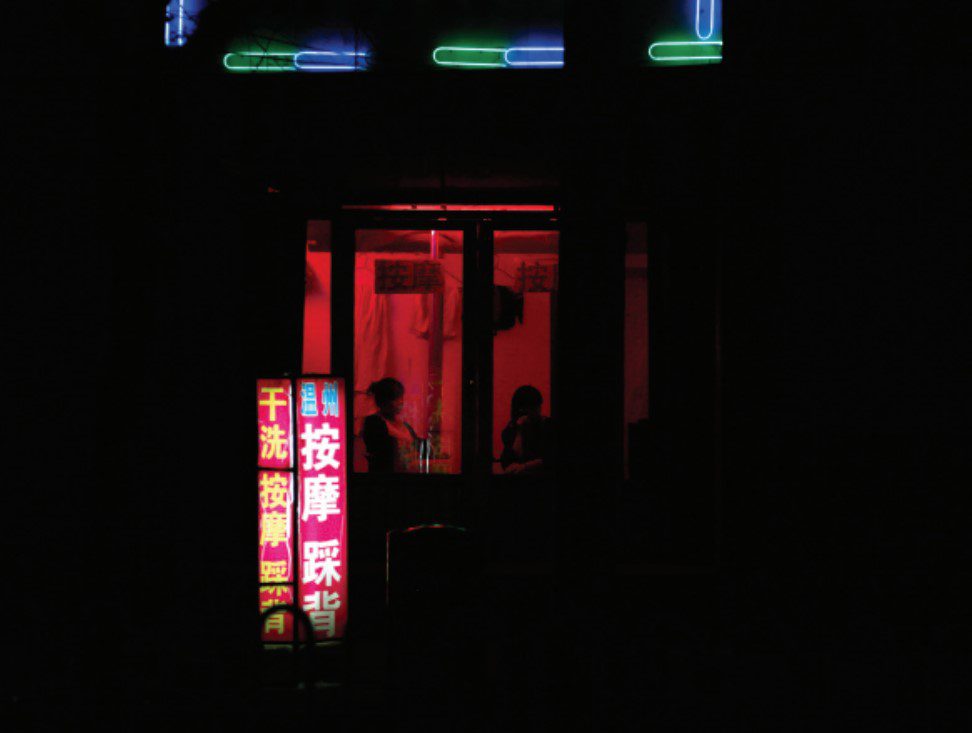
“Swept Away” – Abuses Against Sex Workers in China
The momentous economic and social change in China in recent decades has been accompanied by a sharp increase in inequality and in the numbers of women in sex work. The United Nations, citing Chinese police sources, estimates that four to six million adult women currently engage in sex work. Although sex work is illegal in China, it is ubiquitous, present not only in large cities such as Beijing, Shanghai, and Guangzhou, but also in smaller cities and towns down to the smallest townships in remote rural areas. Sex workers typically work from karaoke bars, hotels, massage parlors, and hair salons, as well as in public parks and streets.
Under Chinese law, all aspects of sex work—including solicitation, sale, and purchase of sex—are illegal. Chinese law treats most sex work-related offences as administrative violations, punishable by fines and short periods of police custody or administrative detention rather than criminal penalties. Nonetheless, for repeat offenders it allows for administrative detention of up to two years. In line with its prohibitionist public stance, the government periodically carries out vigorous nationwide crackdown campaigns called “saohuang dafei” (literally, “sweep away the yellow” [i.e. prostitution and pornography] and “strike down the illegal” [seize and destroy pornographic materials]).
Women engaging in sex work are victims of a wide range of police abuses; this report documents arbitrary arrests and detentions, physical violence, and other ill-treatment of sex workers in Beijing, and discusses the national legal framework that facilitates these abuses. Women interviewed for this report told Human Rights Watch of arbitrary fines, of possession of condoms used as evidence against them, of being detained following sex with undercover police officers, and of having almost no hope of winning remedies for rights violations by clients, bosses, or state agents. Sex workers also face high risks of sexually transmitted infections, including HIV.
While many of these practices violate Chinese law as well as international human rights law, the government is doing far too little to bring an end to the abuses or to ensure that women in sex work have access to health services. The women we spoke with reported abuse by public health agencies, especially local offices of China’s Center for Disease Control (CDC). These abuses included forced or coercive HIV testing, privacy infringements, disclosure of HIV test results to third parties, and mistreatment by health officials, all of which violate the right to health as defined under Chinese and international law.
Research for this report included more than 140 interviews with sex workers, clients, police, public health officials, academic specialists, and members of international and domestic nongovernmental organizations between 2008 and 2012. At the heart of the research were interviews with 75 women sex workers in Beijing, including 20 detailed interviews with women between the ages of 20 and 63. Because the information about uncorrected abuses in the nation’s capital—where in theory law enforcement should be strongest— track with the findings of interviews from other parts of the country, Human Rights Watch believes similar problems exist nationwide.
In our interviews, we focused on the women’s interactions with police and public health agencies, two institutions with which they have frequent, direct contact. It does not attempt to analyze the actions of all agencies relevant to regulation of prostitution, such as those providing social services or child protection, those addressing trafficking, and those that run Custody and Education centers for women. Nor does this report attempt to comprehensively analyze China’s response to trafficking in persons.
To read the full report click here.
